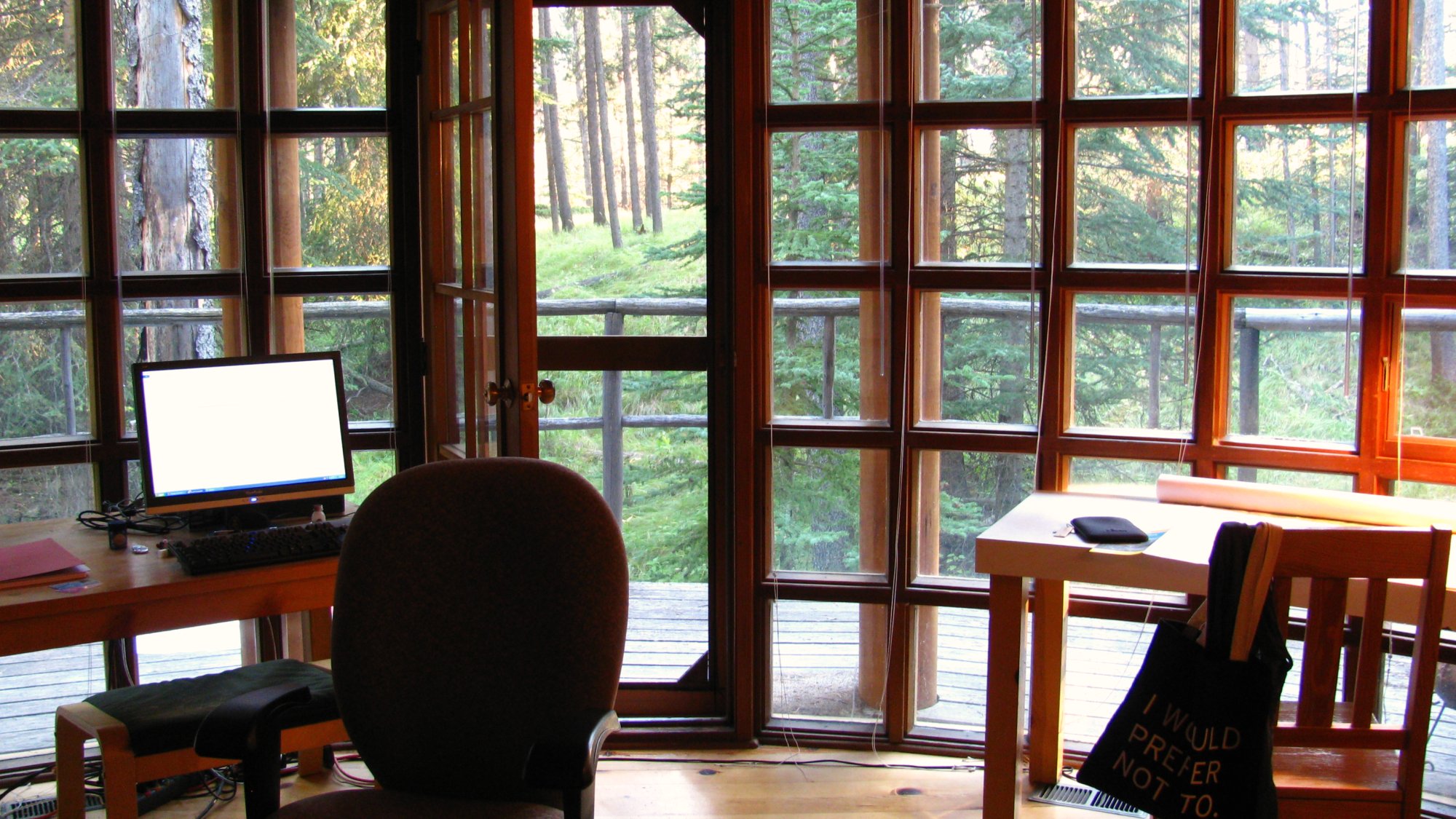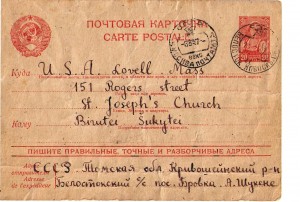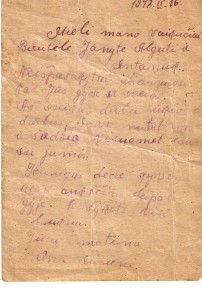
My friend Rachel asked me about my writing process recently (OK, this morning). She wanted to know how I plan out my writing week, how I determine how many words to write, and what time of day I do my best writing. Essentially, she wanted to know about my process. So, here’s what I’ve come up with.
First of all, a confession: I’m a very slow writer. In terms of real writing, I max out at about 1200 words a day; I’m satisfied with 500, if they’re good. I write five days a week, and when I’m not writing, I’m reading, editing (sometimes for money), reviewing books, essays, blogging, translating, or applying for grants, fellowships and residencies. I do my best writing in the morning, and if I allow myself to get distracted too severely before noon, the day is shot.
As for my process and project planning, it all depends on what stage I’m at.
Beginnings (ca. 100 manuscript pages): At the very start of a project, I try simply to write. I don’t worry about quality, I just let ideas flow uncensored. I gather questions, comparisons, and avenues to explore in the future. Each day I sit down and try to fulfill a quota (minimum 500 words), even if it’s garbage. At this stage, I’m always buried in books and research, and the writing is about finding a footing on new terrain. Beginnings are light and fun and full of hope. At every stage of writing, I keep a list of what needs to be written next.
Middles (ca. 100-300 manuscript pages): This is where it gets hard, and it’s the stage I’m entering with my current project. I’ve had my fun, and now it’s time to figure out a theme, structure and direction for the book. I need to gather all the nonsense I’ve put down on paper and sort out the good from the bad. It’s very, very easy to get lost or stalled or overwhelmed at this point, since I’ve produced enough that there’s no turning back, yet not so much that there’s an end in sight.
One tactic that worked for me while I was writing my second book was to chop up my manuscript into very small pieces of 3 to 10 pages, and limit myself to one idea per piece. Dealing with a single idea at a time allowed me to see what didn’t fit, and to experiment with the text by removing or radically rearranging entire sections. In the end, my second book was made of thirty-two small chapters that I bundled into nine parts. This process worked so well last time that I think I’ll try it again.
Endings (300+ manuscript pages): This is where I stick to a time-line. It’s time to nail the text down, and write the hard sections that I’ve been putting off. I plan a schedule out on a calendar and stick to it. (I think I allotted two weeks per chapter at this point for my last book, but this will vary with each manuscript.) Accountability is key at this stage, even if it’s manufactured. For me, it’s enough to announce my schedule on Facebook to feel like I have to stick to it or face public humiliation (never mind that it’s a mind-game – the key to to find a game that yields results).
Final Endings: Once the book is off my desk and in the hands of an editor, his or her schedule takes over, and a healthy fear of authority keeps me in line. You need the book by October 1? No problem. I’ll work day and night to meet the deadline. At this point, it’s important to have a new project in mind and to go back to the fun and hopeful Beginnings stage, since nothing (short of actually giving birth) brings on postpartum depression like finishing a book, and the Final Endings stage (what with review, copy editing, and proofs) can be really long. For me, overlapping projects are the way to go.
If you have a different process, I’d love to hear about it. And if you have any questions you’d like me to tackle, or themes you’d like to see explored on the blog, drop me a line via the contact page.
Until then, happy writing.
[Photo: uploaded by l-frings]









